ASB Buzz
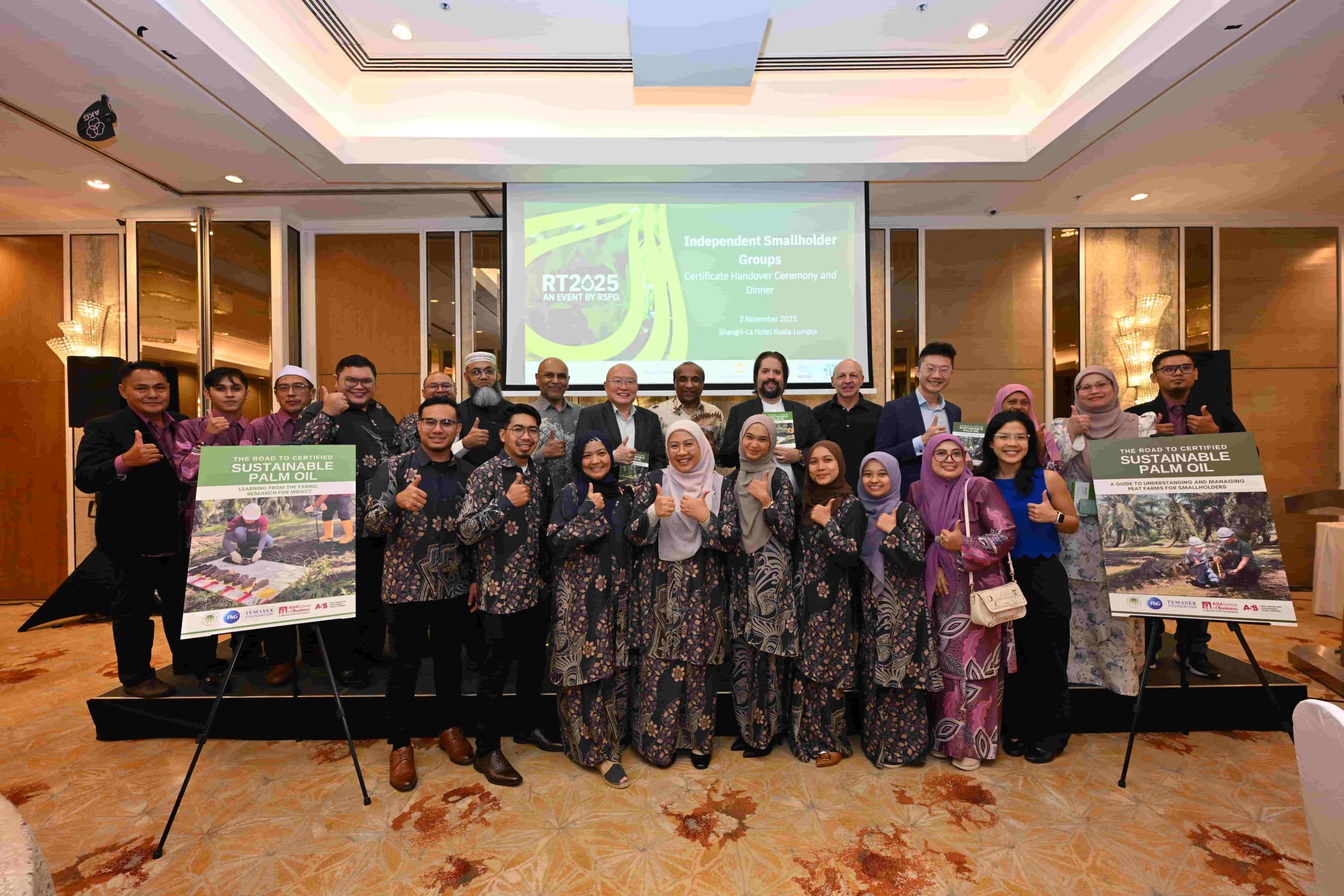
Press Release For the Launch of CSS Books at RT25
December 4, 2025
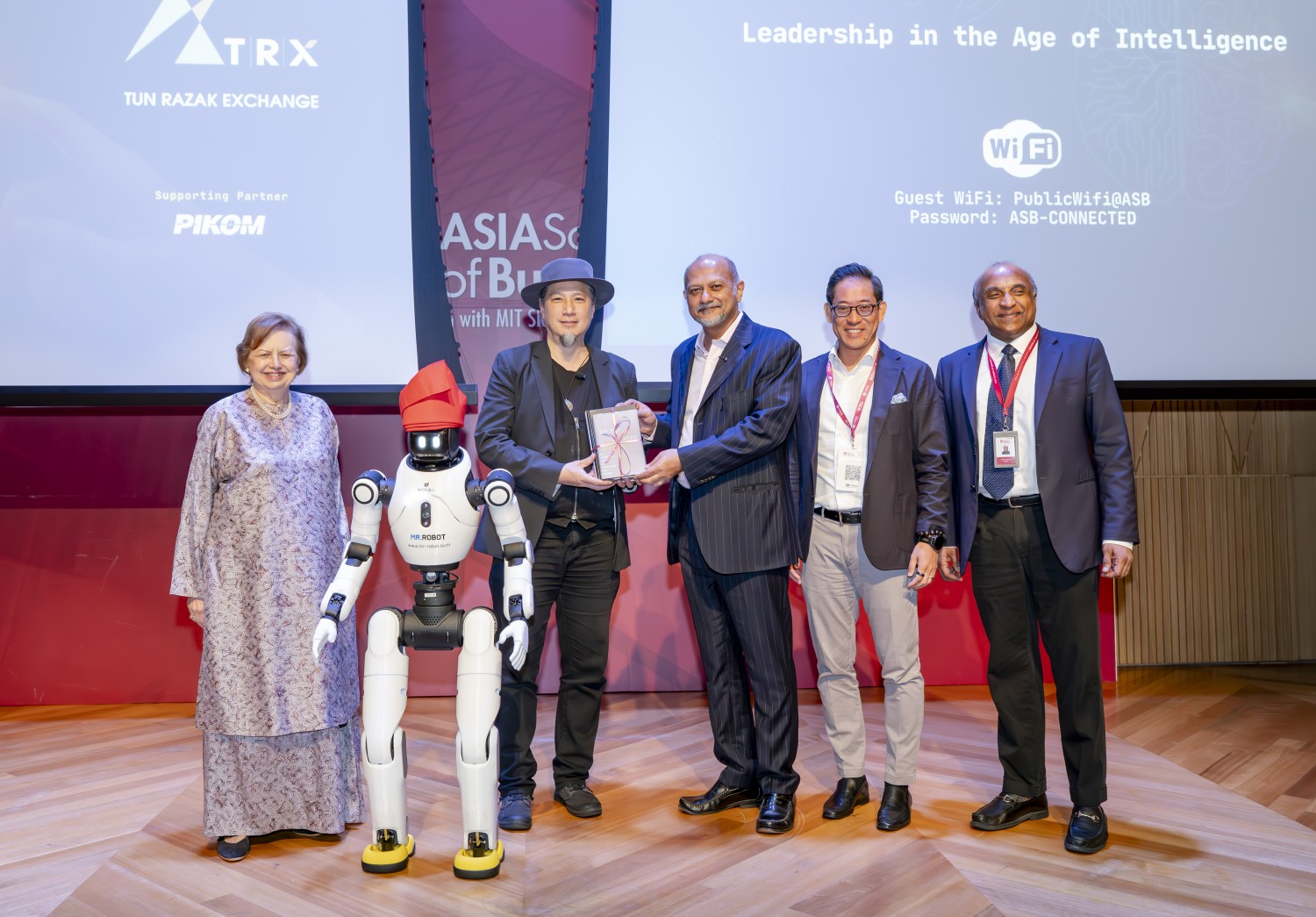
Coverage for AI-Powered Conference
December 3, 2025
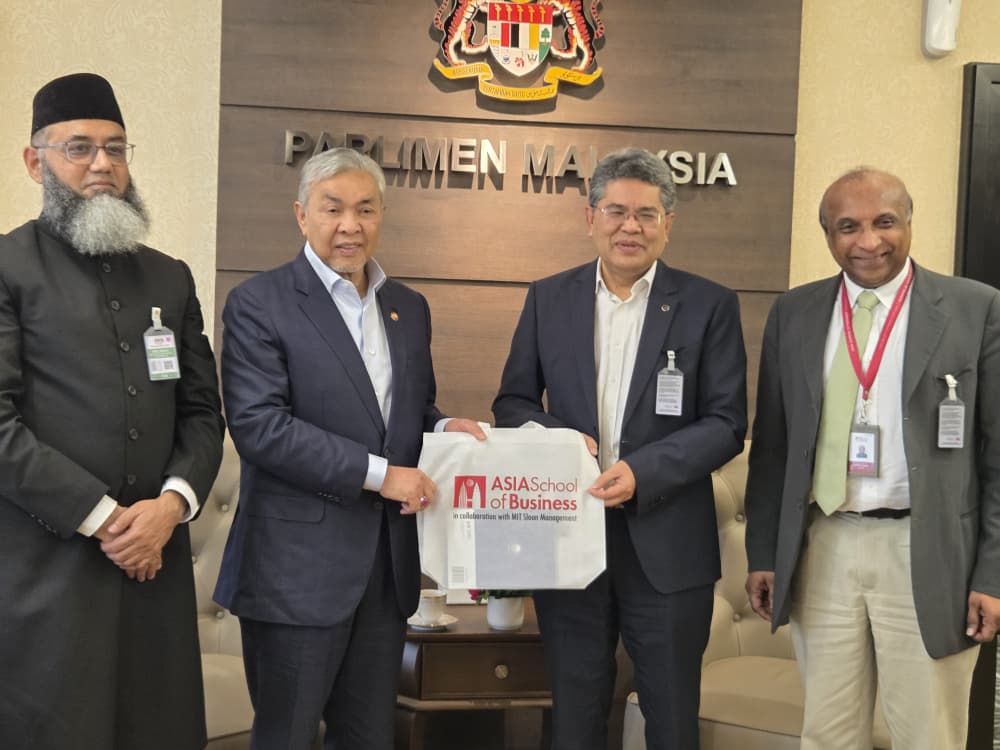
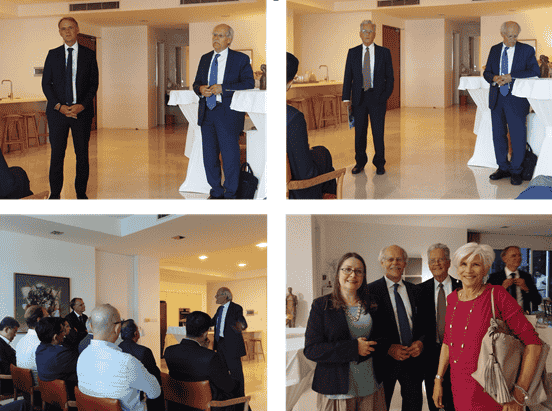
Team Sweden: Seminar with Stefan Ingves
October 6, 2025
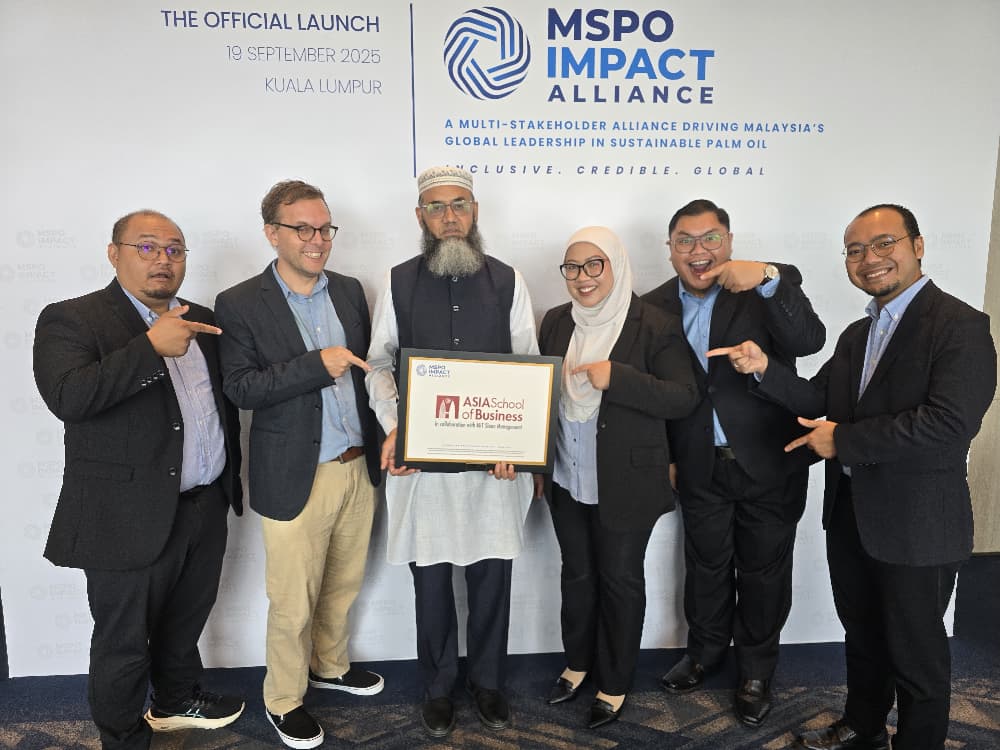
MSPO Impact Alliance
September 19, 2025
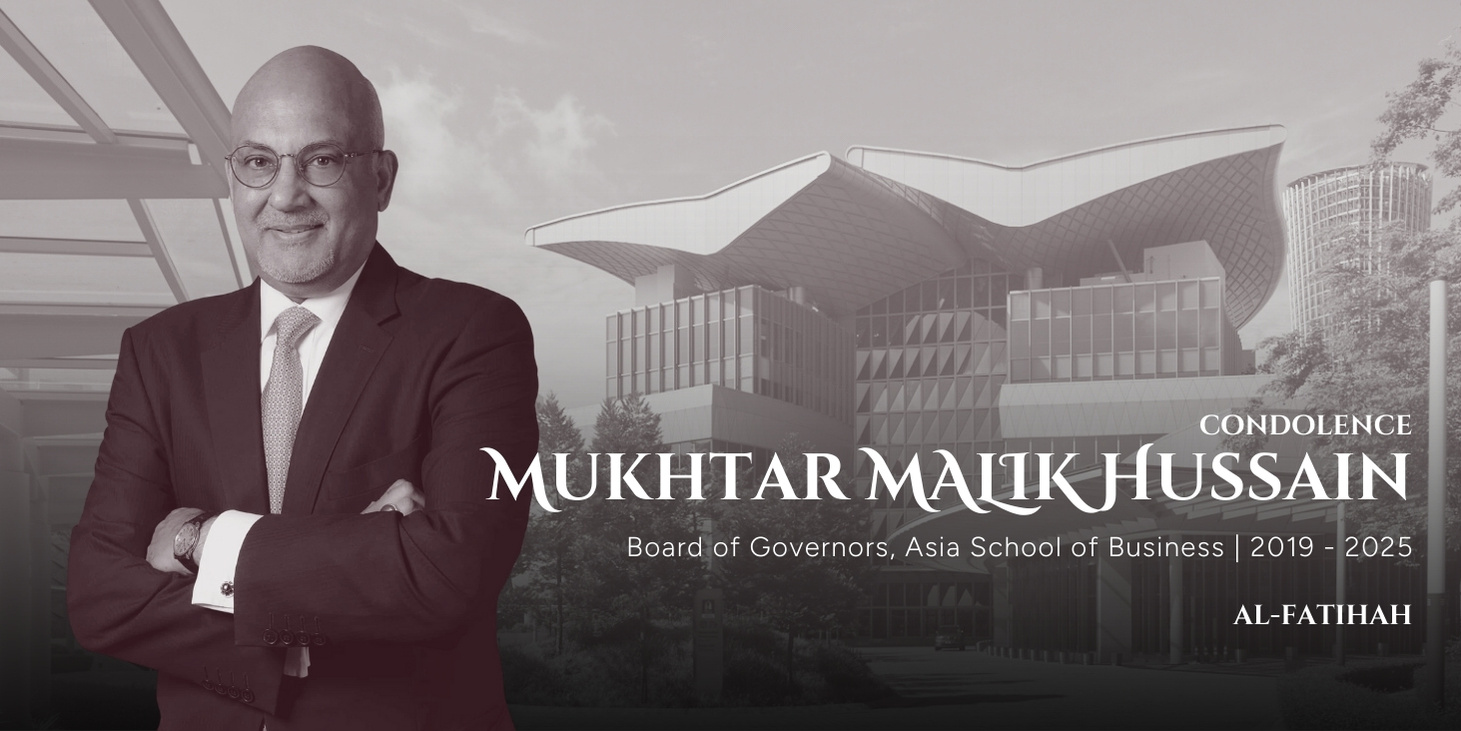
In Memory of Mukhtar Malik Hussain
September 8, 2025
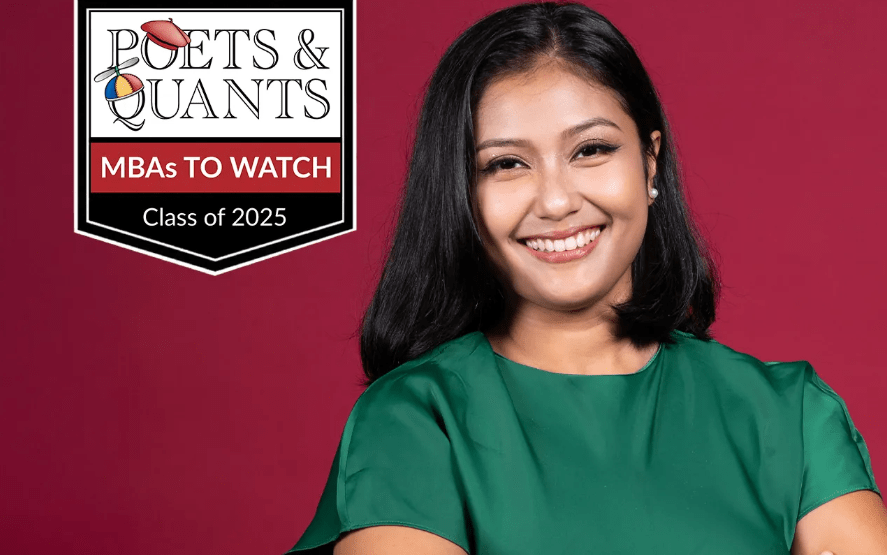
2025 MBA To Watch: Risa Ichwandiani, Asia School of Business
August 11, 2025
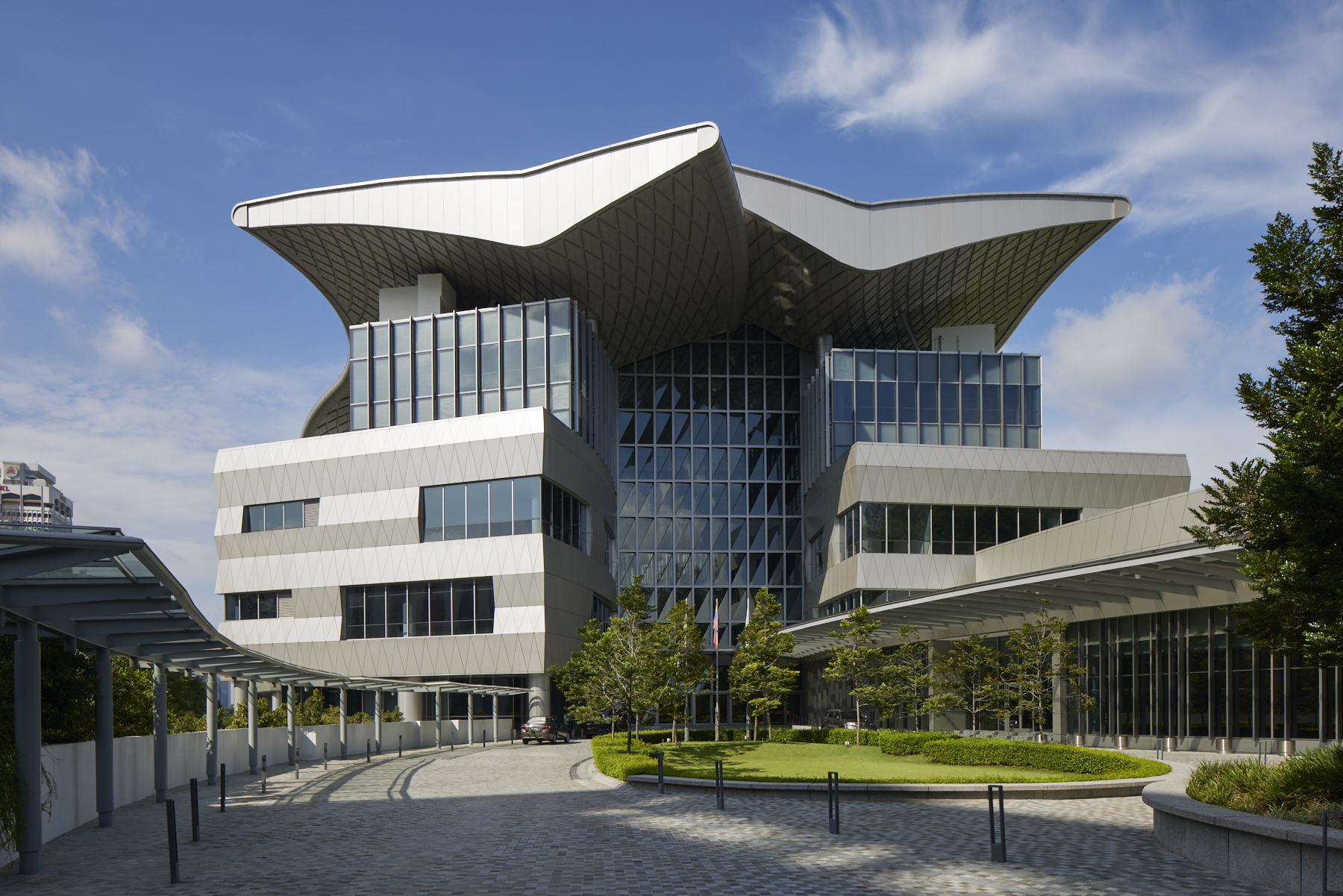
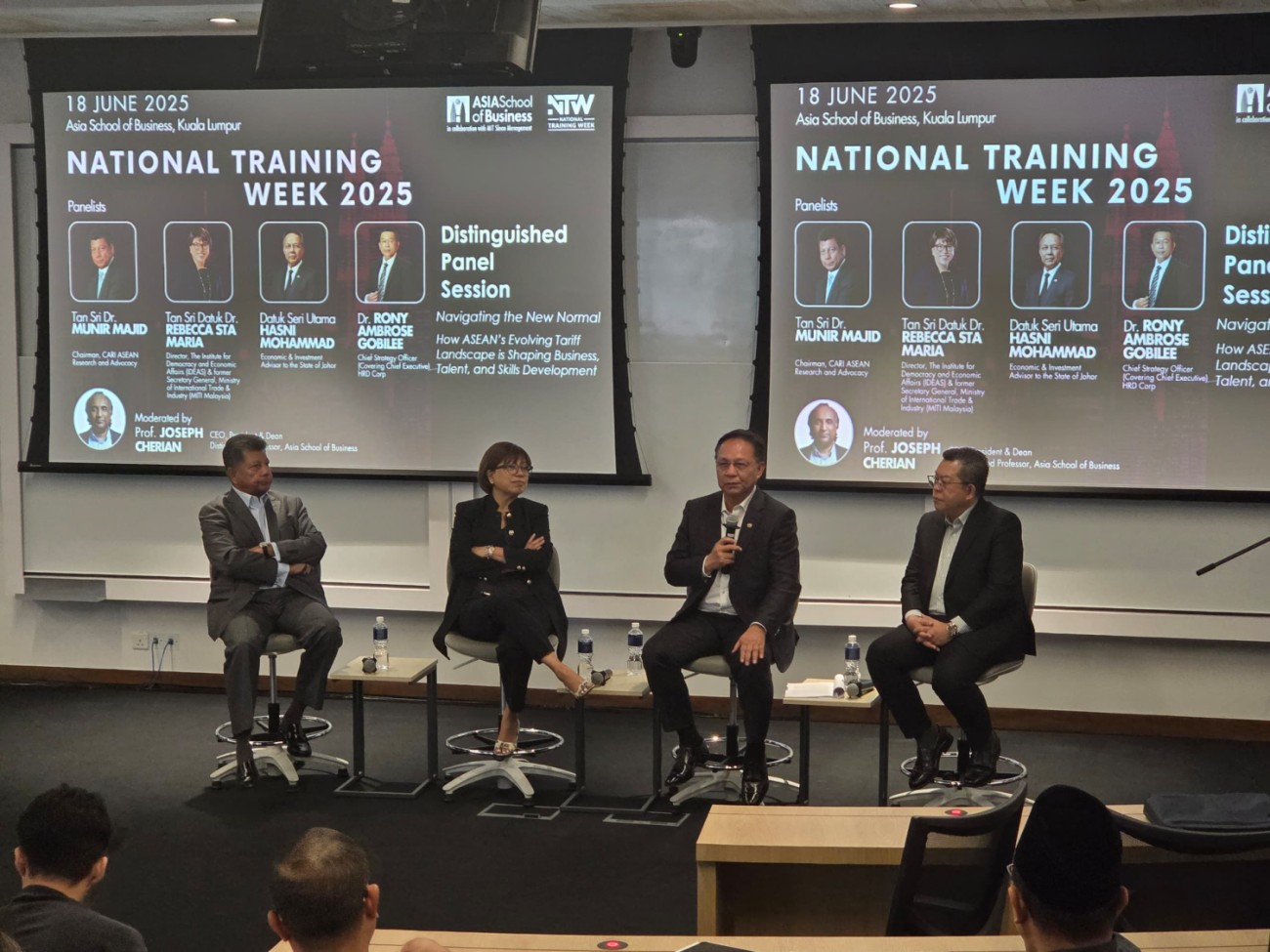
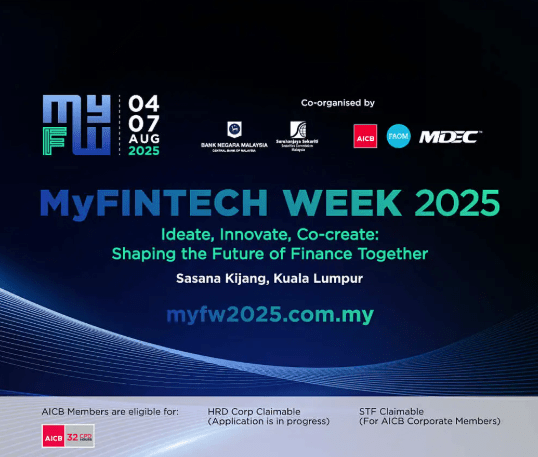
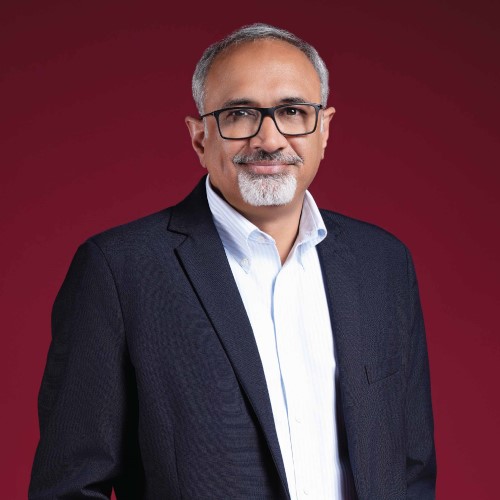
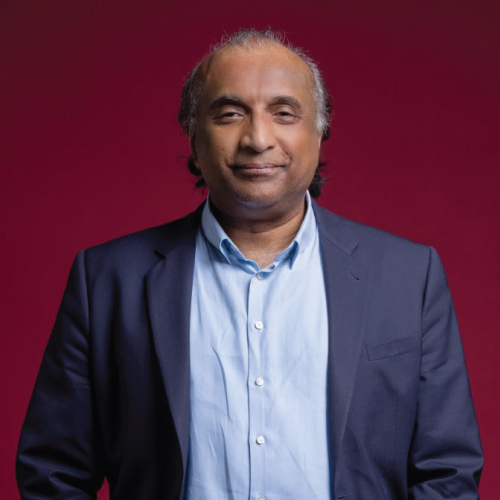
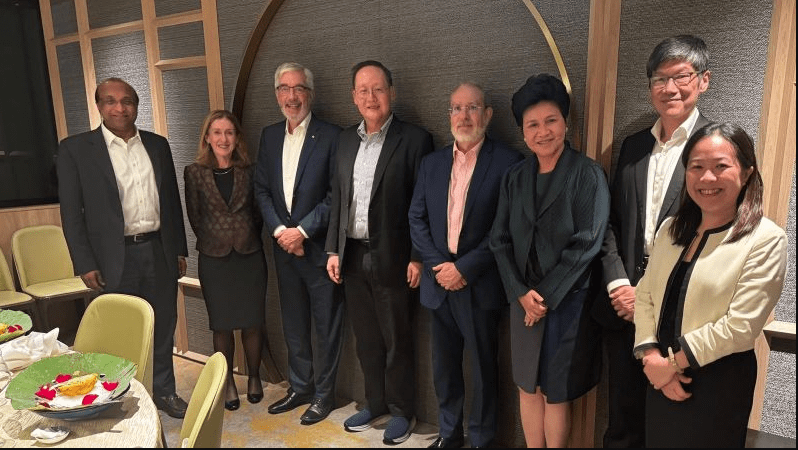
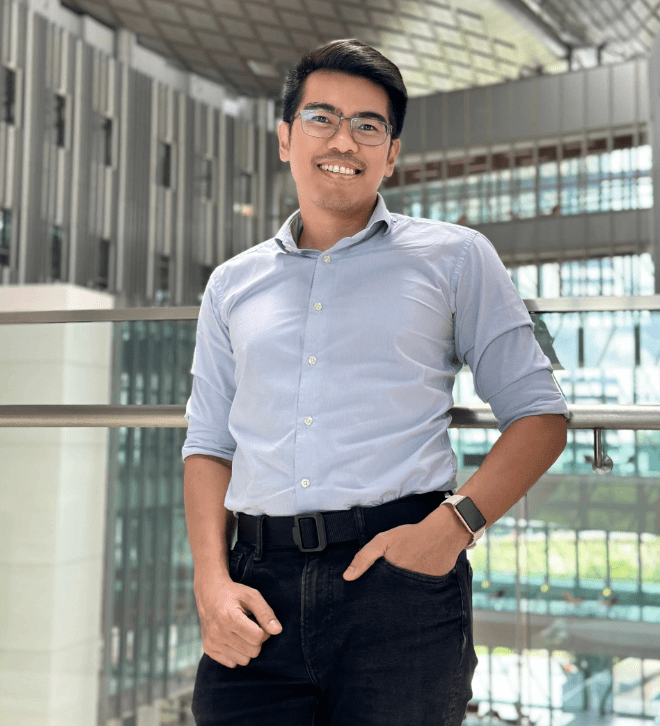
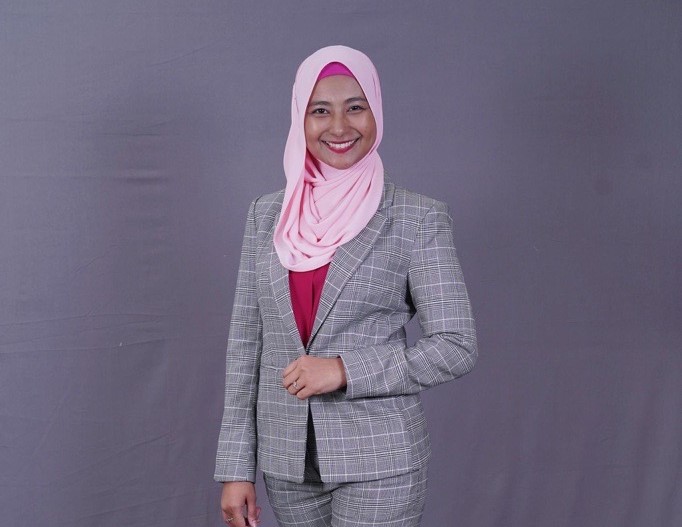
Nik Aisyah Amirah: Strategically Shaping the Future
February 18, 2025

Fostering Innovation: ASB Hosts MIT Alumni for Exchange of Ideas
November 13, 2024




